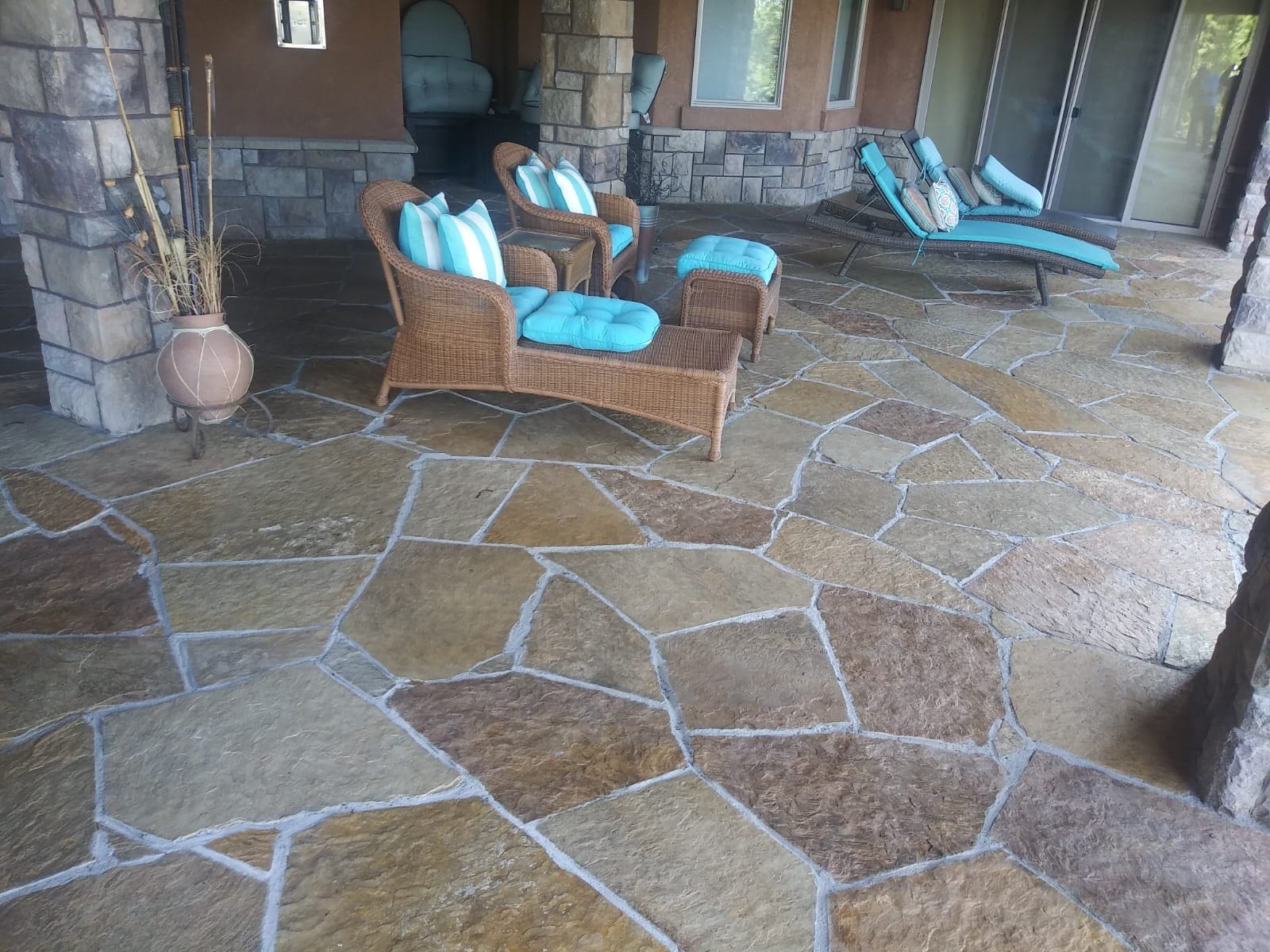
Eco-Friendly Landscaping Solutions for the Modern Homeowner Sep 05, 2025
Eco-friendly landscaping, also known as sustainable landscaping, focuses on creating outdoor spaces that complement the environment by utilizing practices that conserve water, reduce waste, and minimize pollution. The journey towards a more sustainable yard begins with mindful planning and design. This means selecting native plants, optimizing water usage, and utilizing natural fertilizers and pest control methods.
Native plants play a significant role in eco-friendly landscaping. Plants that are indigenous to Colorado are well-adapted to the local climate and soil conditions, needing less water and minimal fertilization. They attract local wildlife, such as bees and butterflies, which are essential for pollination. Beyond their ecological benefits, native plants add unique beauty and charm to any landscape.
Proper water management is another cornerstone of sustainable landscaping. With Colorado's semi-arid climate, water conservation is crucial. Implementing efficient irrigation systems is essential. Consider drip irrigation or soaker hoses, which target the root zones directly, minimizing water wastage. Additionally, incorporating rainwater harvesting systems can further reduce your municipal water reliance. Captured rainwater can be used during dry spells, ensuring your plants remain healthy without overusing the water supply.
Mulching is a fantastic eco-friendly technique that reduces water evaporation, suppresses weed growth, and enriches the soil. By applying organic mulch around plants, you create an optimal growing environment. Mulch also provides an attractive, finished look to garden beds, enhancing the overall aesthetic of your landscaping.
When it comes to fertilization, opting for organic options is key. Chemical fertilizers can harm beneficial soil organisms and can leach into local water supplies. Organic fertilizers, on the other hand, improve soil structure and provide long-lasting nutrients. Composting is a practical and sustainable way to create a nutrient-rich organic fertilizer. By recycling kitchen scraps and garden waste, homeowners can enrich their soil naturally without synthetic compounds.
Another vital aspect of eco-friendly landscaping is the use of hardscaping elements. JS Landscaping Colorado specializes in designing with sustainable materials such as permeable pavers. These pavers allow rain to seep through, reducing runoff and promoting groundwater replenishment. Additionally, using recycled materials for walkways, patios, and retaining walls reduces the need for new resources.
Lastly, maintaining an eco-friendly landscape requires ongoing commitment. Regularly assessing the health of plants, evaluating irrigation efficacy, and keeping hardscapes clean and well-maintained are essential tasks. Moreover, opting for electric or manual gardening tools can further reduce your landscape's carbon footprint.
In conclusion, eco-friendly landscaping is a rewarding approach that benefits both homeowners and the environment. By adopting sustainable practices, such as planting native species, optimizing water usage, and incorporating eco-conscious hardscaping, you can create a beautiful, resilient outdoor space. At JS Landscaping Colorado, we are committed to helping you achieve this balance, creating landscapes that reflect not only your personal style but also your commitment to the environment. Reach out today to explore how we can transform your yard into a model of eco-friendly beauty.
/filters:no_upscale()/filters:format(webp)/media/dbc5f81c-5803-494f-b977-05e935c42ea6.jpeg)